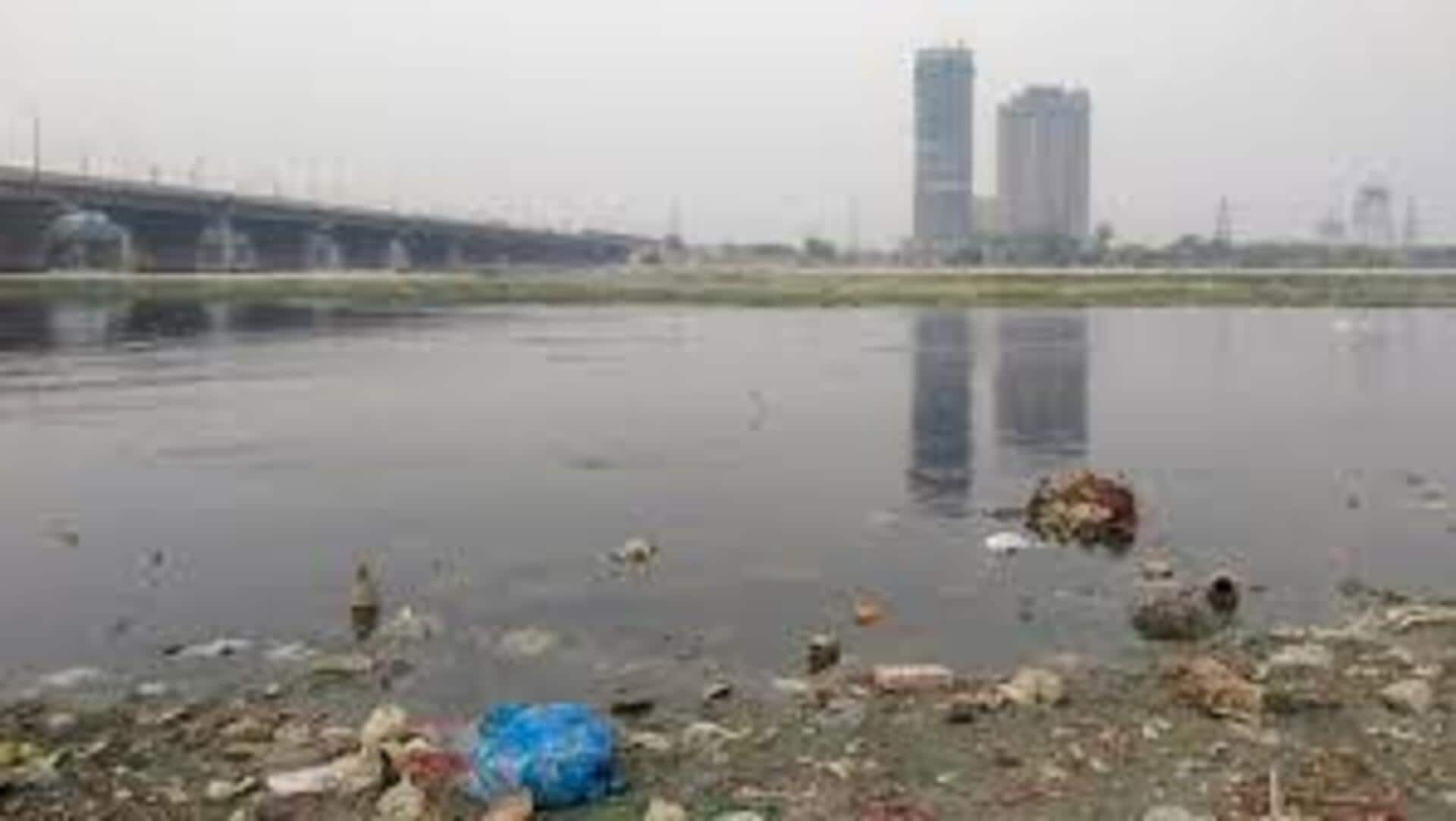
Delhi HC forms three-member panel on Yamuna pollution, rebukes agencies
What's the story
The Delhi High Court has expressed its displeasure over the slow progress in cleaning up the Yamuna River. On Saturday, the court referred to the situation as a "shocking state of affairs" and formed a three-member committee to speed up action on redevelopment plans for industrial areas and wastewater treatment. The panel will include representatives from the Delhi State Industrial and Infrastructure Development Corporation (DSIIDC), Municipal Corporation of Delhi (MCD), and Delhi Development Authority (DDA).
Delays condemned
Court criticizes delays in wastewater treatment
The court, headed by Justice Prathiba M Singh and Justice Manmeet Pritam Singh, slammed the DSIIDC, Delhi Pollution Control Committee (DPCC), and Delhi Jal Board (DJB) for their delays. The judges noted that despite a cabinet decision in 2023, DSIIDC's reports were only submitted in 2025. "The Government is bogged down by bureaucrats," they said, warning they might consider shutting down DSIIDC if such inefficiencies continue.
Fund disbursement
Court orders release of funds for project work
The court noted that none of the redevelopment plans by consultant firms were finalized or executed. It also observed that ₹2.5 crore meant for project work was still pending disbursal. "In all these 27 areas, there is no treatment happening; that is why there is so much pollution," the court said, directing DSIIDC to release the pending amount to MCD within two weeks.
Plan review
Court mandates joint review of redevelopment plans
The court had earlier directed consultant agencies to prepare redevelopment plans after surveying industrial areas. Now, it has ordered that all layout plans submitted by these agencies be reviewed jointly by DSIIDC, MCD, and DDA. The newly formed three-member committee will meet to review these plans, obtain necessary clearances and submit a consolidated report.
Sewage issues
Court highlights inefficiencies in sewage management
Moreover, the court highlighted systemic inefficiencies in sewage management, pointing out that treated water was being diverted back into sewage lines instead of being repurposed. "The whole point is defeated," Justice Singh said, directing authorities to ensure proper alignment of pipelines and effective use of treated water. The DJB has been asked to file a detailed report outlining the steps needed to augment existing sewage treatment plants (STPs), maintain quality standards at functional STPs, and the status of upcoming STPs.